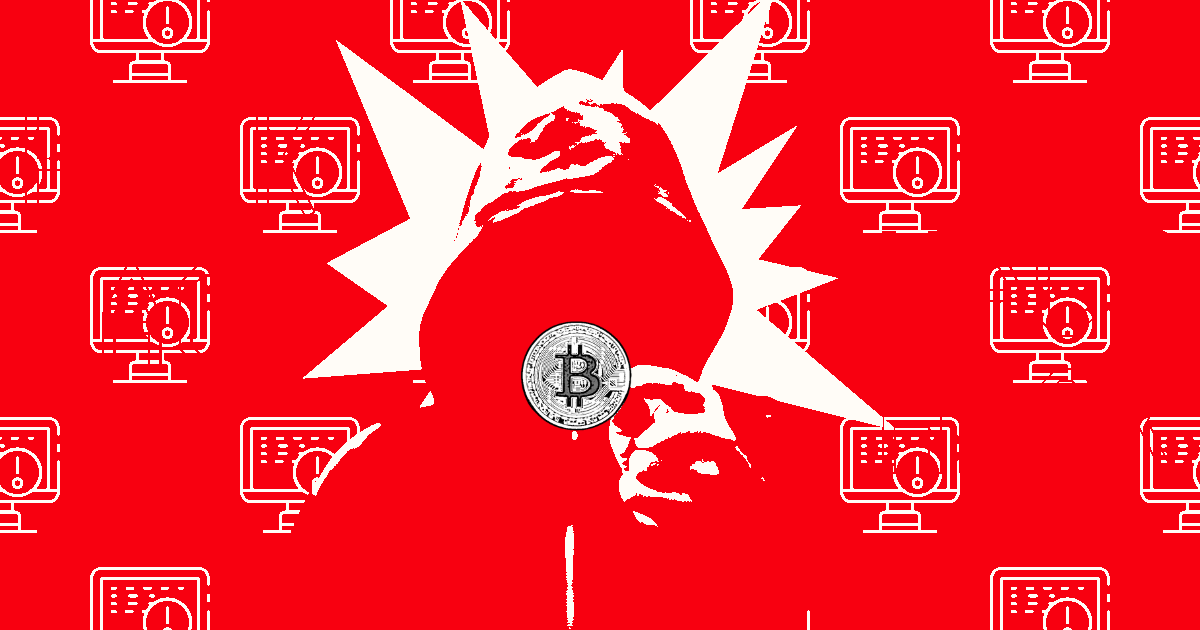
DMM Bitcoin Ceases Operations After Major Cyberattack
In a shocking turn of events, one of Japan’s most renowned Bitcoin exchanges, DMM Bitcoin, halted its operations in October 2024 following a devastating hack in May of the same year. The cyberattack resulted in the theft of $320 million in digital currency, with the loss attributed to a private key theft. This breach led to the disappearance of 4,500 Bitcoin from the platform. Despite efforts to restore normal operations, the extensive damage proved too overwhelming for the service to recover effectively.
Transfer of Assets to SBI VC Trade
In response to this crisis, DMM Bitcoin has devised a strategy to safeguard its customers’ interests by transferring all assets, including Japanese yen and cryptocurrencies, to SBI VC Trade. According to local Asian news reports, this asset transfer is slated for completion by the end of the financial year, March 2025.
However, there are specific limitations to this transition. Customers holding unfiltered margin trading positions will need to close their positions and settle any outstanding fees before their accounts can be migrated to the new platform. Notably, any fees associated with the current platform will not transfer to SBI VC Trade.
SBI VC Trade, a subsidiary of SBI Holdings, has pledged to uphold the confidentiality of DMM Bitcoin’s clients. Coordination efforts between the two companies are ongoing, with more details about the transfer expected to emerge soon.
Reasons Behind the Closure
The cyberattack exposed significant vulnerabilities in DMM Bitcoin’s risk management protocols. Consequently, in September 2024, Japan’s Financial Services Agency (FSA) issued an improvement order to the company. Although DMM Bitcoin managed to secure ¥55 billion from its parent company, DMM.com, to mitigate customer losses, the firm decided that the ongoing restrictions on its services would severely inconvenience clients, ultimately leading to its closure.
Broader Implications for the Cryptocurrency Industry
This incident underscores the substantial cybersecurity challenges faced by the cryptocurrency industry. The involvement of the FSA highlights the critical role of regulatory oversight in preventing future breaches. DMM Bitcoin’s departure from the market serves as a cautionary tale for cryptocurrency exchanges worldwide, emphasizing the importance of robust security measures and regulatory compliance to safeguard digital assets.
As the cryptocurrency landscape continues to evolve, the lessons learned from the DMM Bitcoin hack will undoubtedly shape the future approach to cybersecurity within the industry. Exchanges must prioritize the protection of their platforms and customer assets to maintain trust and stability in the digital currency ecosystem.






